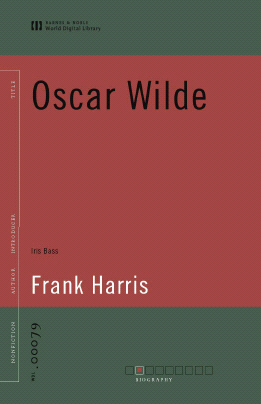- L'Chaim!
- Yalla Habibi!
- Have a Laugh!
- Scandinavian Stories
- Get Them Before They're Gone!
- Ramadan Mubarak!
- Look Who's Talking Now
- True Crime
- Tell-All Memoirs
- New eBook additions
- High School Reading List
- Amish Fiction
- Shakespeare By Any Other Name
- See all
- L'Chaim!
- Yalla Habibi!
- Have a Laugh!
- Scandinavian Stories
- Get Them Before They're Gone!
- Ramadan Mubarak!
- Look Who's Talking Now
- True Crime
- Tell-All Memoirs
- New audiobook additions
- High School Reading List
- Amish Fiction
- Shakespeare By Any Other Name
- See all
- Home & Garden
- Cooking & Food
- Fashion
- News & Politics
- Sports
- Celebrity
- Business & Finance
- Kids & Teens
- Science
- See all

